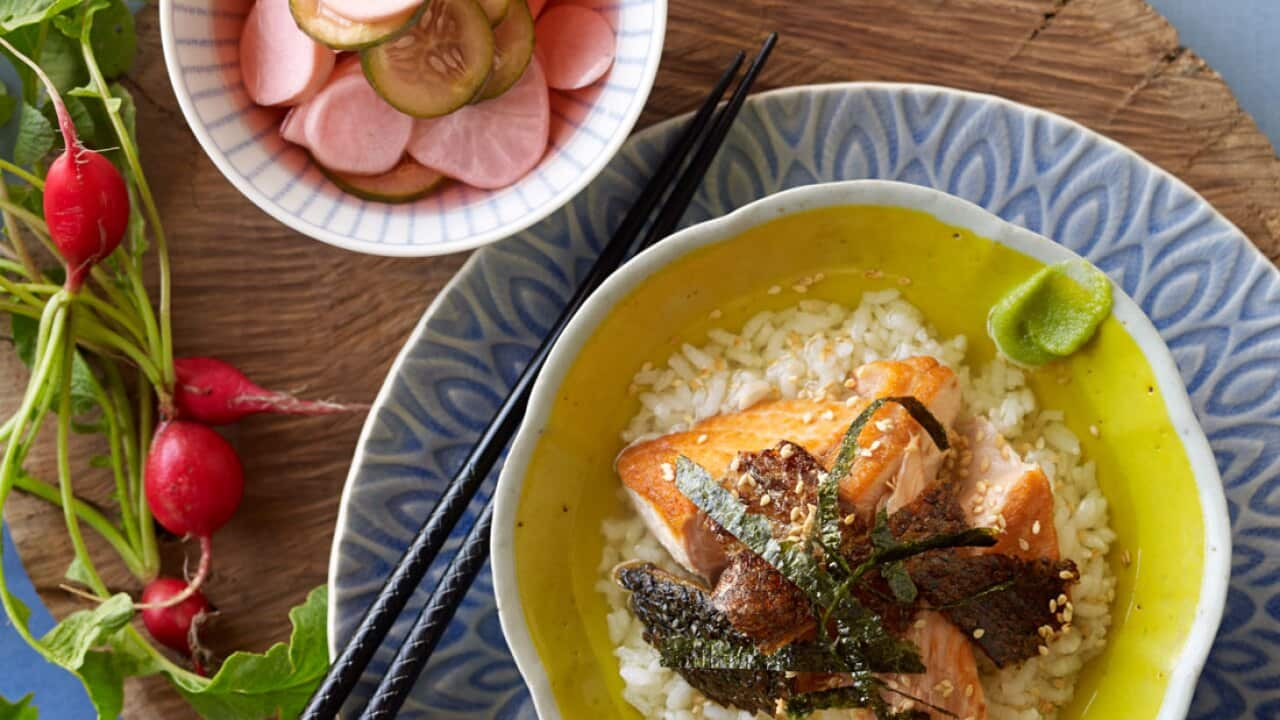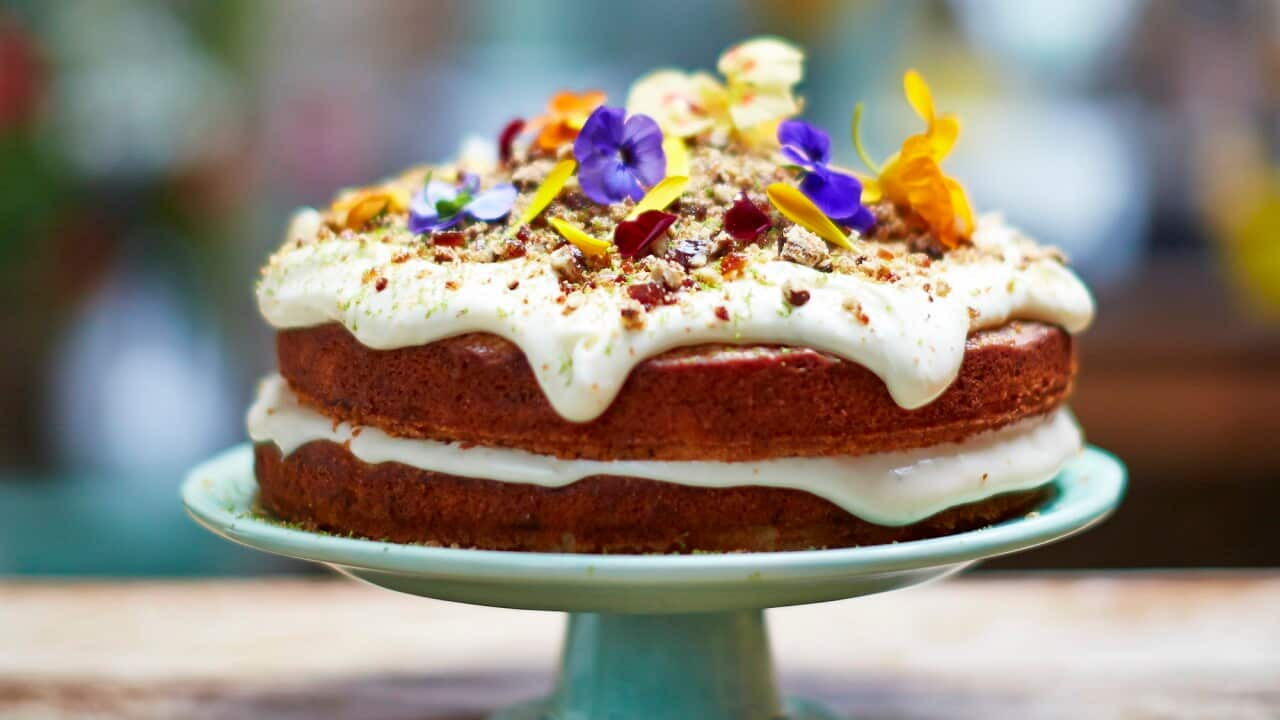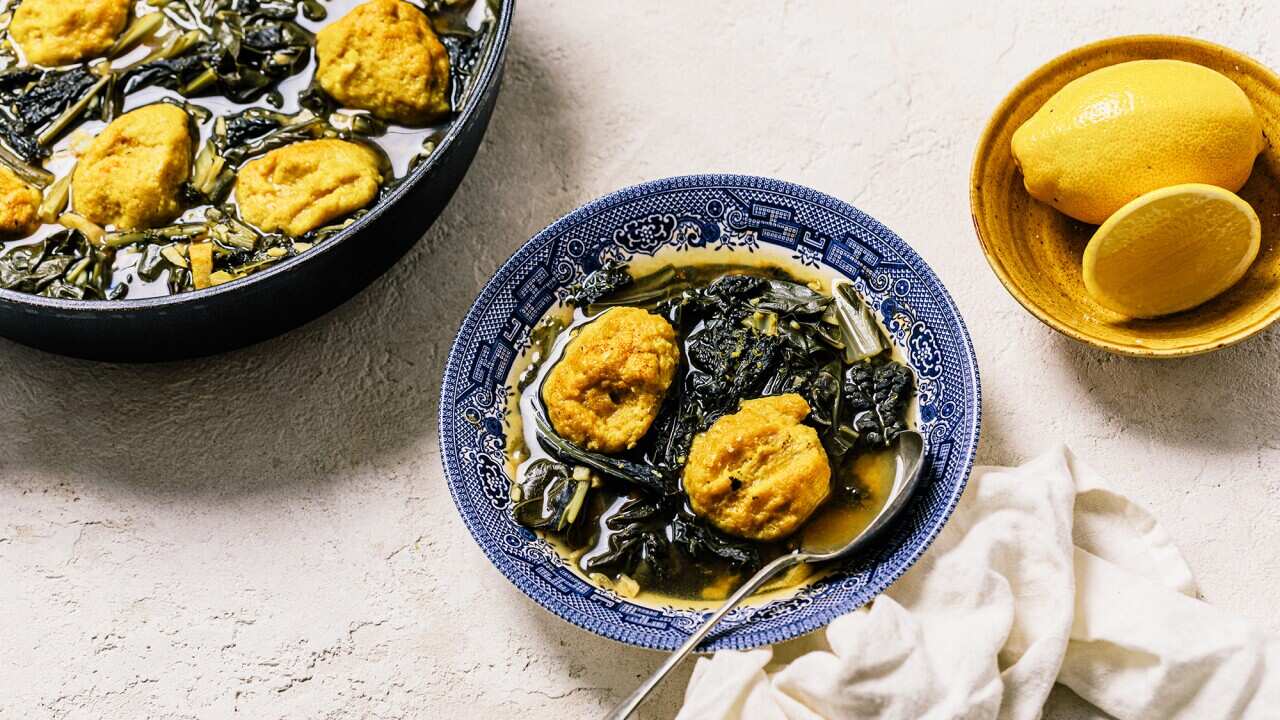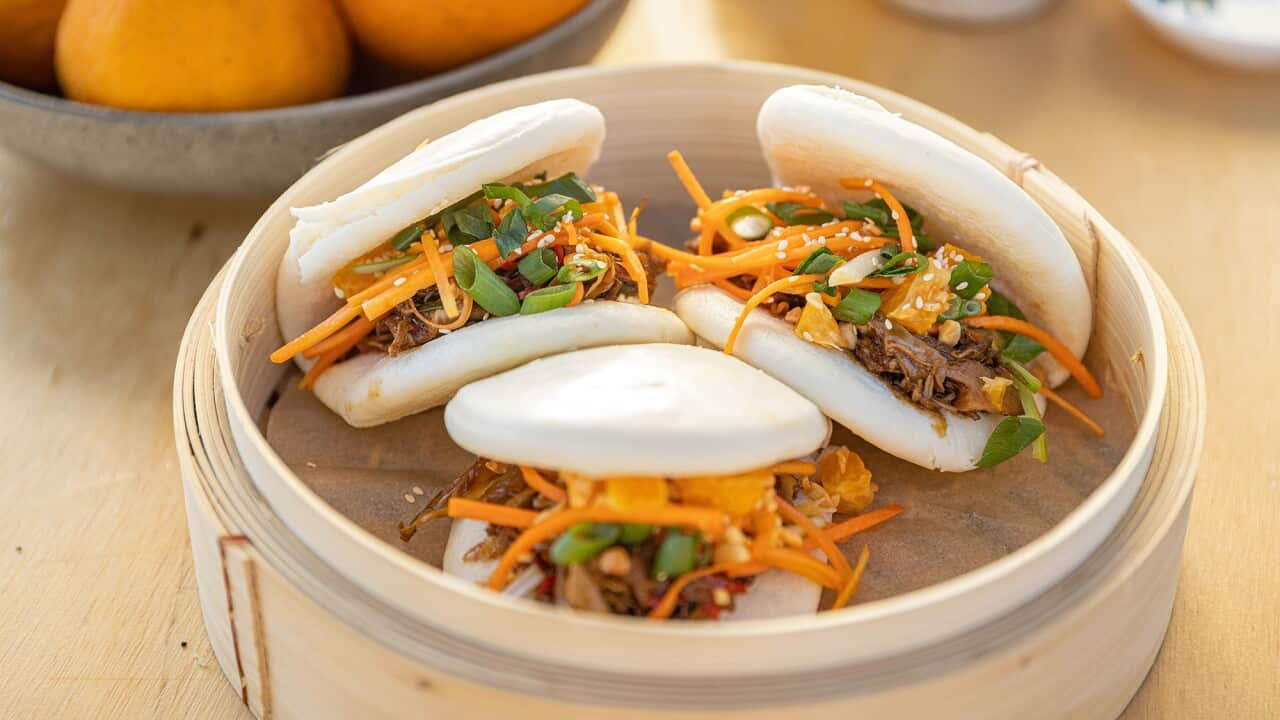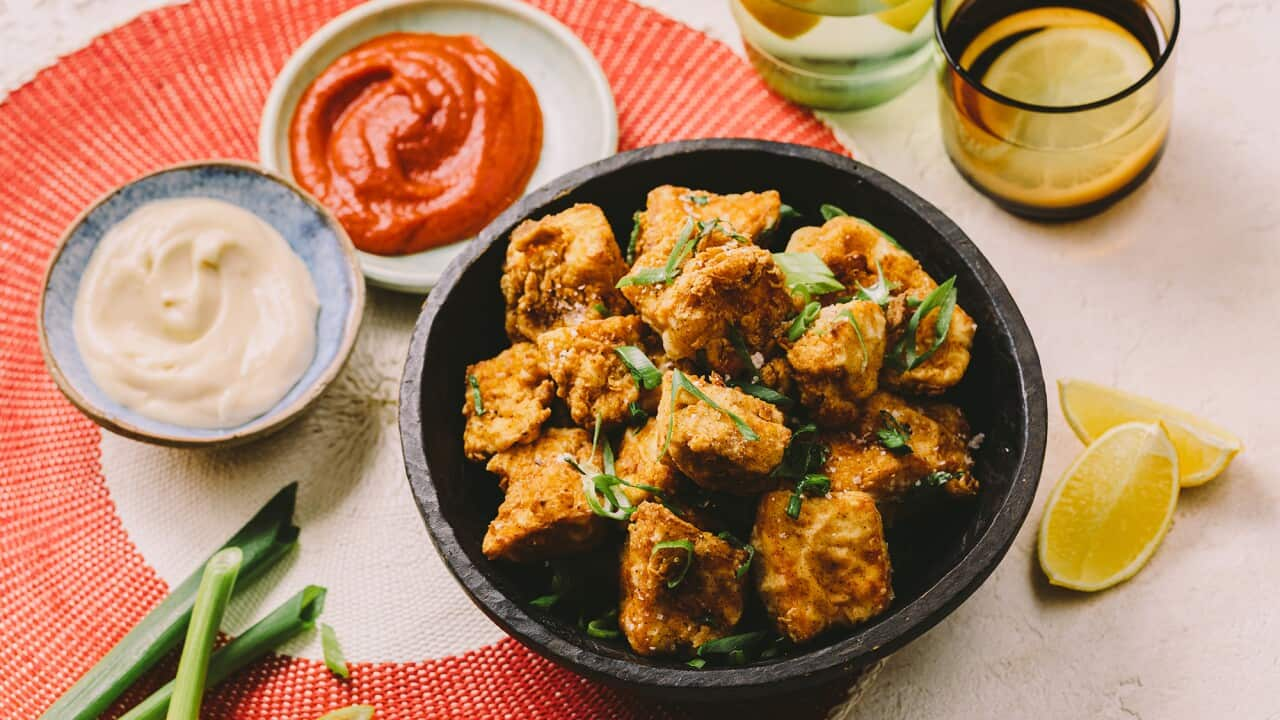serves
2
prep
45 minutes
cook
10 minutes
difficulty
Easy
serves
2
people
preparation
45
minutes
cooking
10
minutes
difficulty
Easy
level
Ingredients
- 2 x 200 g boneless salmon fillets, skin on
- 2 tsp rice bran oil
- 2 cups cooked sushi rice
- 2 tsp sesame seeds, toasted
- ½ nori sheet (see Note), cut into thin strips with scissors
- 500 ml (2 cups) hot Japanese green tea (such as sencha)
- wasabi paste, to serve
Cucumber, radish & daikon pickles
- 125 ml (½ cup) rice vinegar
- 110 g (½ cup) caster sugar
- 2 tbs sea salt flakes
- 2 small Lebanese cucumbers, cut into 3 mm-thick slices
- 6 radishes, cut into 3 mm-thick slices
- ½ small daikon (see Note), cut into 2 cm pieces
- 1 turnip, peeled, quartered, cut into 3mm-thick slices
Pickling time 3 days
Instructions
To make pickles, place vinegar, sugar, salt and 225 ml warm water in a bowl and stir until sugar dissolves. Cool completely.
Place vegetables in a sterilised jar, and pour over vinegar mixture. Seal with a lid and refrigerate for 3 days to pickle. Once opened, it will keep in the fridge for up to 1 month.
Season salmon with salt. Heat a frying pan over high heat until very hot. Add oil and cook salmon, skin-side down, for 3 minutes or until skin is crisp. Turn and cook for a further 2 minutes or until just cooked. Rest for 2 minutes, then break into large pieces.
Divide rice between bowls, top with salmon and nori, then scatter over sesame seeds. Pour hot tea over rice and serve with pickles and wasabi.
Notes
• Nori are sheets of dried seaweed available from Asian food shops and select supermarkets.
• Nori are sheets of dried seaweed available from Asian food shops and select supermarkets.
• Daikon, from select greengrocers and Asian food shops, is a large, white radish with a sweet flavour.
Photography by Chris Chen. Food preparation Leanne Kitchen and Phoebe Wood. Styling by Berni Smithies.
As seen in Feast magazine, Apr 2014, Issue 30.
Cook's Notes
Oven temperatures are for conventional; if using fan-forced (convection), reduce the temperature by 20˚C. | We use Australian tablespoons and cups: 1 teaspoon equals 5 ml; 1 tablespoon equals 20 ml; 1 cup equals 250 ml. | All herbs are fresh (unless specified) and cups are lightly packed. | All vegetables are medium size and peeled, unless specified. | All eggs are 55-60 g, unless specified.

